Tips for Writing Your Entry-level Cover Letter
Even for an entry-level job, you will still need to submit a cover letter for your CV. How can you make your job application shine when you don’t have much work experience?
Even for an entry-level job, you will still need to submit a cover letter for your CV. How can you make your job application shine when you don’t have much work experience?
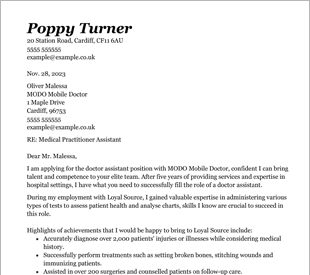
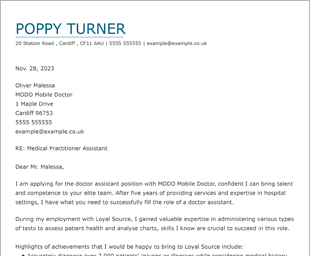
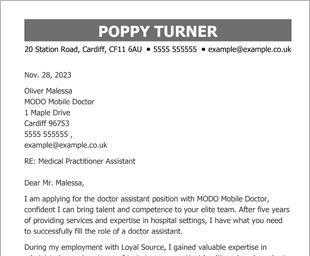
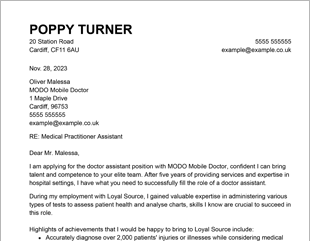
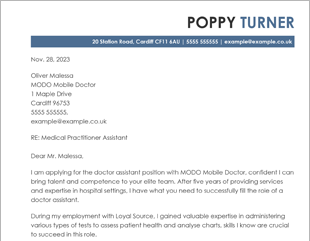
OUR USERS HAVE BEEN HIRED BY
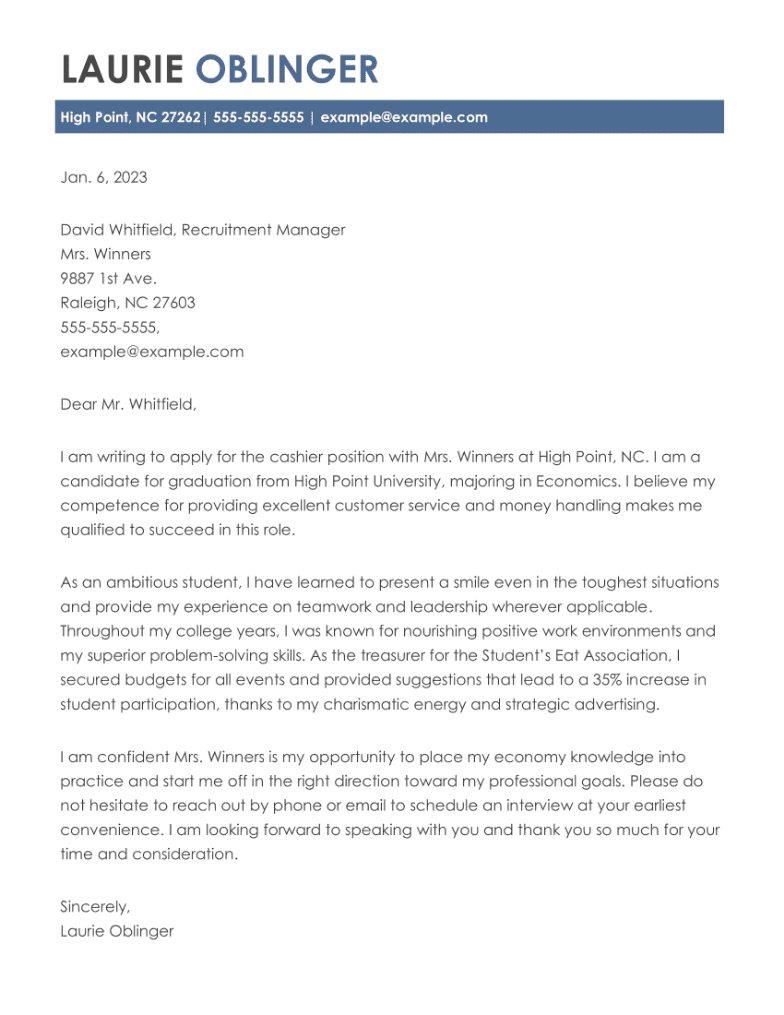
When preparing a job application, there are many facets to consider. If you’re writing a cover letter for an entry-level position, it’s likely that you don’t have much experience in the field yet. How can you ensure your job application still gets the attention it deserves? Use cover letter tips to build a great entry-level cover letter.
Yes. Unless the job description specifically says that you shouldn’t include one, typical career advice is to include a cover letter for every job. If you’re not comfortable writing your own cover letter from scratch, consider using the CVHelp cover letter builder. It can help you build the perfect cover letter without having to do it on your own.
Absolutely. This is considered past relevant experience and can be a major stepping stone to getting your first job. If you have a skill set that you built from activities like volunteering and internships, you should include them as you write your cover letter.
An applicant tracking system (ATS) is a tool that many hiring managers use to screen potential candidates automatically before the hiring manager actually looks at them. A cover letter can significantly help people without experience because it allows you to pack CV keywords into your application. By relying on your skill set and addressing skills that the hiring manager wants to see, you’re more likely to make it through an ATS scan.
We personalize your experience.
We use cookies in our website to ensure we give you the best experience, get to know our users and deliver better marketing. For this purpose, we may share the information collected with third parties. By clicking “Allow cookies” you give us your consent to use all cookies. If you prefer to manage your cookies click on the “Manage cookies” link below.